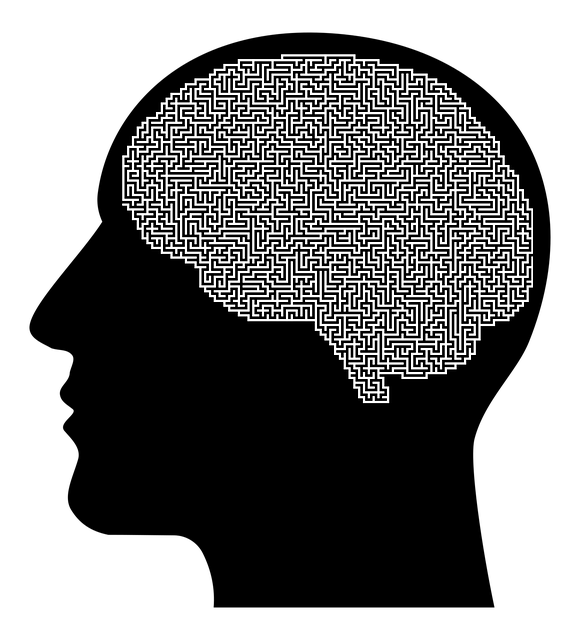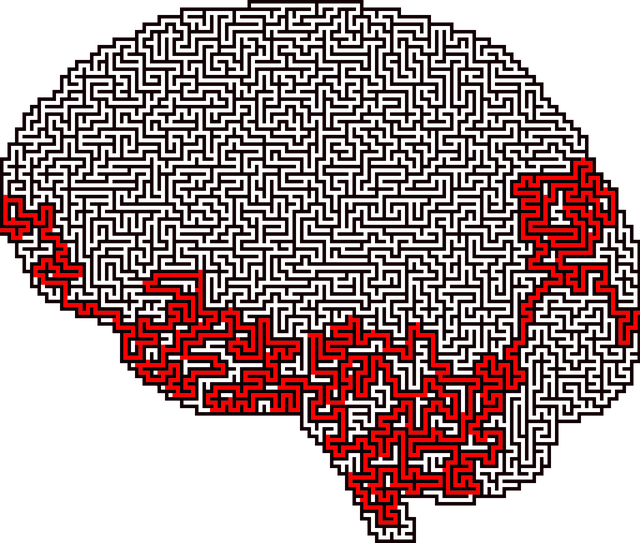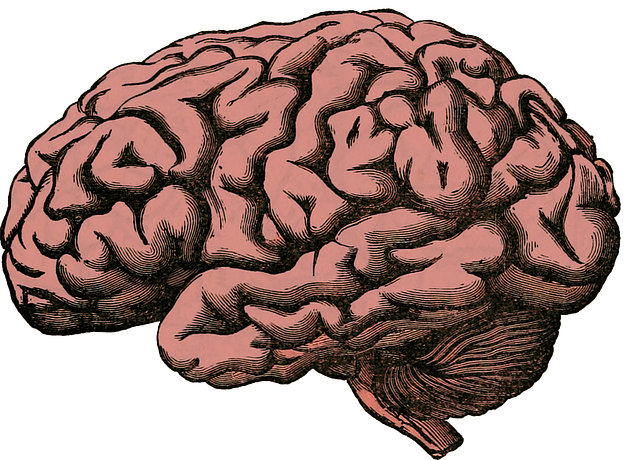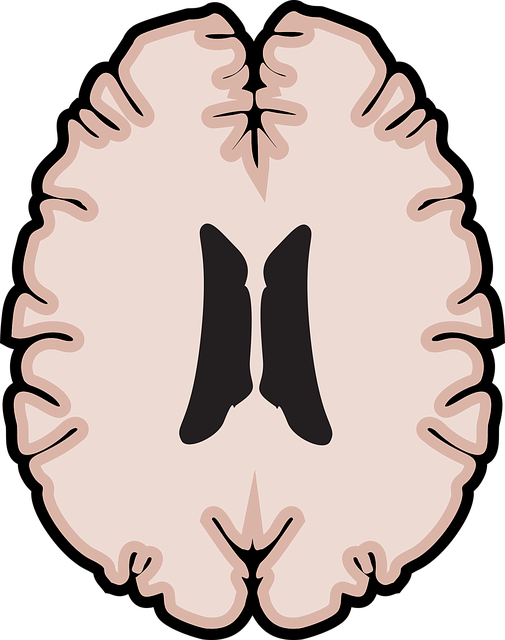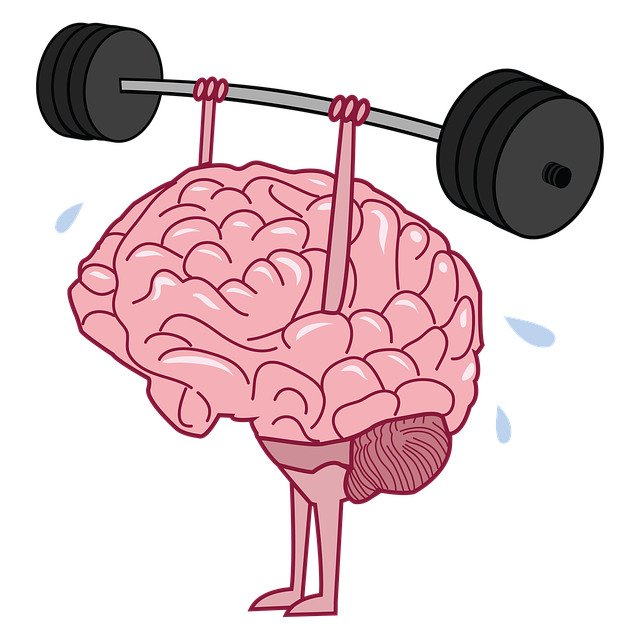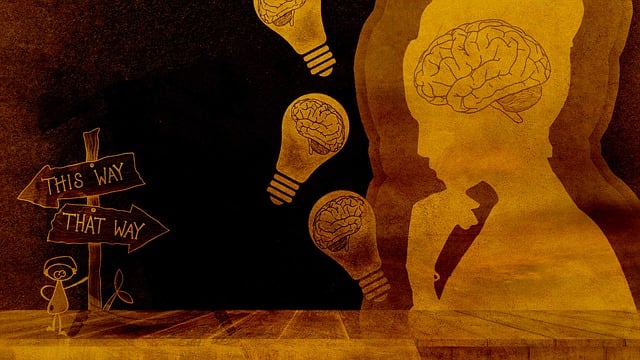Mental wellness apps, like Superior Mindfulness Therapy, are gaining traction as accessible and personalized solutions for modern mental health needs, offering coping skills and emotional regulation support anytime, anywhere. These apps bridge gaps in mental health care by integrating technology with therapeutic practices, fostering self-care through features like guided meditations, mindfulness games, and mood tracking. Success hinges on user-friendly interfaces, tailored recommendations, community forums, and regular content updates. Key development considerations include robust privacy protections (like encryption) and scalable infrastructure to handle growing user volumes while maintaining performance and security, encouraging users to proactively manage their mental wellness through effective communication strategies and self-care practices within the app.
Mental wellness app development is transforming the way we approach mental health support. With increasing recognition of the benefits of digital solutions, apps like Superior Mindfulness Therapy offer accessible, personalized care. This article delves into three key areas: understanding the importance of mental wellness in today’s world and why digital tools are essential; designing effective features for a superior mindfulness therapy experience; and ensuring privacy, safety, and scalability during app development to create a reliable resource for users seeking improved mental well-being.
- Understanding Mental Wellness and the Need for Digital Solutions
- Designing Effective Features for a Superior Mindfulness Therapy App
- Ensuring Privacy, Safety, and Scalability in App Development
Understanding Mental Wellness and the Need for Digital Solutions

Mental wellness is a holistic concept encompassing emotional, psychological, and social well-being. In today’s fast-paced world, many individuals struggle with maintaining equilibrium amidst the constant pressures and demands of daily life. This has led to a growing recognition of the need for accessible and effective mental wellness solutions that cater to diverse needs. Digital platforms offer a promising avenue to bridge this gap.
The rise of mental wellness apps reflects a broader shift towards superior mindfulness therapy, providing users with tools for coping skills development and emotional regulation. These applications can deliver personalized programs, stress management workshops, and other therapeutic interventions directly into the hands of those who need them most. By leveraging technology, they foster accessible and discreet support, enabling individuals to actively manage their mental health proactively, anytime, and anywhere.
Designing Effective Features for a Superior Mindfulness Therapy App

In designing a Superior Mindfulness Therapy app, the focus should be on creating features that foster deep self-care practices and cultivate self-awareness exercises within users. Integrate interactive tools such as guided meditation sessions tailored to individual needs, mindfulness games for a fun yet impactful learning experience, and mood tracking mechanisms to help users identify triggers for stress or anxiety. By offering personalized recommendations based on user interactions and progress, the app can enhance burnout prevention efforts, allowing individuals to develop sustainable mental wellness routines.
Effective features should also promote a sense of community through online forums or peer support groups, encouraging users to share their experiences and learn from one another. Regular updates with fresh content, including new mindfulness techniques, expert-led sessions, and educational resources, will keep users engaged and committed to their mental wellness journeys. Ultimately, the app’s success lies in its ability to seamlessly blend therapeutic practices with user-friendly interfaces, making self-care accessible and enjoyable for all.
Ensuring Privacy, Safety, and Scalability in App Development

Developing a mental wellness app like Superior Mindfulness Therapy requires careful consideration of privacy, safety, and scalability. Users share intimate details about their emotional well-being, so robust data protection measures are paramount. End-to-end encryption, secure storage protocols, and transparent privacy policies build trust and ensure users feel safe sharing their experiences.
Moreover, as the app gains traction, scalability becomes essential. The platform must handle increasing user volumes without compromising performance or security. Cloud infrastructure, efficient algorithms, and scalable architecture are crucial to accommodating growth and delivering a seamless experience for all users seeking anxiety relief through effective communication strategies and self-care practices.
The development of mental wellness apps, particularly focusing on superior mindfulness therapy, is a significant step towards addressing the growing need for accessible digital mental health solutions. By combining user-centric design with robust privacy and safety measures, these applications can empower individuals to take control of their well-being. As technology continues to evolve, ensuring scalability becomes essential to cater to a wider audience. Through careful consideration of features and an emphasis on data security, mental wellness apps have the potential to become valuable tools in promoting better mental health outcomes for users worldwide.



